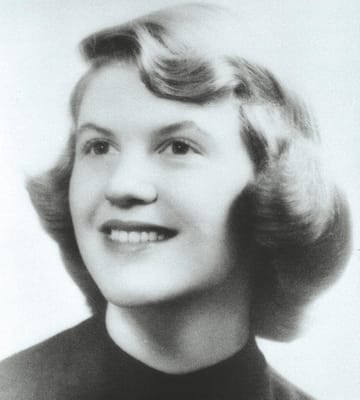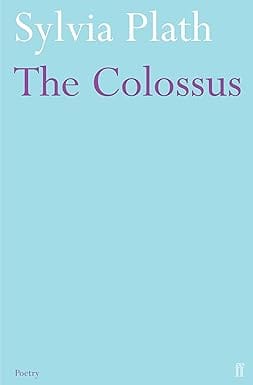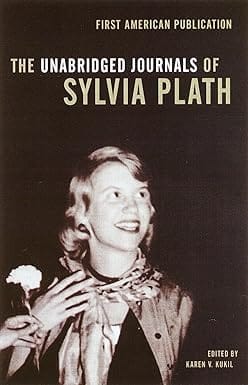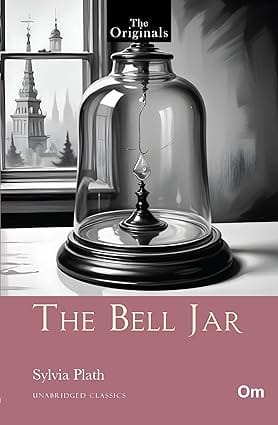SYLVIA PLATH BOOKS
SYLVIA PLATH BOOKS


Sylvia Plath was an American poet, novelist, and short story writer, best known for her deeply introspective, emotionally intense works that explore themes of identity, mental illness, and the complexities of the human experience. Born on October 27, 1932, in Boston, Massachusetts, Plath’s life and work were marked by both extraordinary talent and profound personal struggles, making her one of the most significant literary figures of the 20th century. She is widely regarded for her confessional style of writing, which laid the foundation for modern American poetry and continues to resonate with readers around the world.
Plath’s early life was marked by both brilliance and tragedy. Her father, Otto Plath, was a German immigrant and a professor of biology who died when Sylvia was only eight years old, an event that would haunt her throughout her life. Sylvia’s father’s death and the subsequent emotional strain it caused her, particularly the sense of abandonment she felt, became central themes in much of her poetry. The feeling of loss and the struggle to understand her father’s death are evident in one of her most famous poems, “Daddy,” in which she explores her conflicted emotions surrounding her father’s passing and the impact it had on her psyche.
Plath excelled academically from an early age, attending Smith College on a scholarship, where she studied English and won numerous literary awards. However, despite her success in academics and her promising future, she struggled with mental health issues throughout her life. In 1953, during her time at Smith College, Plath suffered a mental breakdown that led to her first suicide attempt, an event that would be a precursor to the depression she battled for much of her adult life. Her struggles with mental illness would become a central theme in her writing, and many of her works offer an unflinching look at the challenges of living with depression.
Her first suicide attempt led to her hospitalization and a period of intense therapy, which she later described in her novel The Bell Jar. The novel, published under the pseudonym Victoria Lucas in 1963, is a semi-autobiographical account of Plath’s time in a mental institution and her descent into depression. The novel’s protagonist, Esther Greenwood, reflects Plath’s own experiences with mental illness and the pressures placed on women in the 1950s to conform to societal expectations. The Bell Jar is a poignant and dark exploration of the female psyche, the struggles of being a woman in a patriarchal society, and the stifling nature of societal norms. Though it was not initially as well-known as her poetry, the novel has since become a classic of feminist literature.
Plath’s poetry, however, remains her most celebrated work. Her first collection, The Colossus (1960), introduced her unique voice to the literary world. Her poems are known for their stark imagery, emotional depth, and a powerful use of language that expresses both personal anguish and universal themes. Much of her poetry is intensely personal, drawing on her own experiences with love, loss, and mental illness. Her poems often reflect a sense of emotional isolation and a deep longing for understanding, as well as a desire to confront and ultimately overcome the dark forces within her mind. In her later works, such as Ariel (1965), which was published posthumously, Plath’s poetry became even more intense and confessional, capturing her battle with depression, her inner turmoil, and her search for identity.
One of Plath’s most famous poems, “Lady Lazarus,” is a striking example of her confessional style, exploring themes of death and resurrection. The poem reflects her feelings of alienation, as well as her complex relationship with the idea of suicide. Another well-known poem, “Ariel,” written in the days leading up to her death, captures the urgency and intensity of her final months. The imagery in “Ariel” is both haunting and beautiful, depicting a sense of release and transcendence. Plath’s poetry often uses vivid, sometimes disturbing, imagery to explore the darker aspects of the human experience, and her works are marked by a tension between hope and despair, life and death, and self-destruction and self-empowerment.
Plath’s personal life was tumultuous, and much of it played out in the public eye. In 1956, she married British poet Ted Hughes, and the couple had two children together. However, their marriage was fraught with difficulties, including infidelity and emotional turmoil. The breakdown of her marriage with Hughes had a significant impact on Plath’s mental health, and many critics believe that her poems from this period reflect her emotional distress as she struggled with both her personal life and her mental illness.
Tragically, Sylvia Plath’s life was cut short when she died by suicide on February 11, 1963, at the age of 30. Her death came just weeks after the publication of Ariel, the collection that would cement her legacy as one of the most important poets of the 20th century. Though she lived a short life, her work has had a lasting impact on literature and continues to influence generations of writers and readers. Plath’s exploration of the human condition, her fearless confrontation with darkness and despair, and her unflinching portrayal of her own suffering have made her an enduring figure in literary history.
In the years following her death, Plath’s work gained increasing recognition, and she became an icon of both feminist and mental health movements. Her work continues to be studied, analyzed, and admired for its raw emotional power, its insight into the human soul, and its profound exploration of the complexities of life, death, and identity. Sylvia Plath’s legacy endures as one of the most powerful voices in modern literature, and her influence is felt far beyond her own time.

- Showing 4 Products






